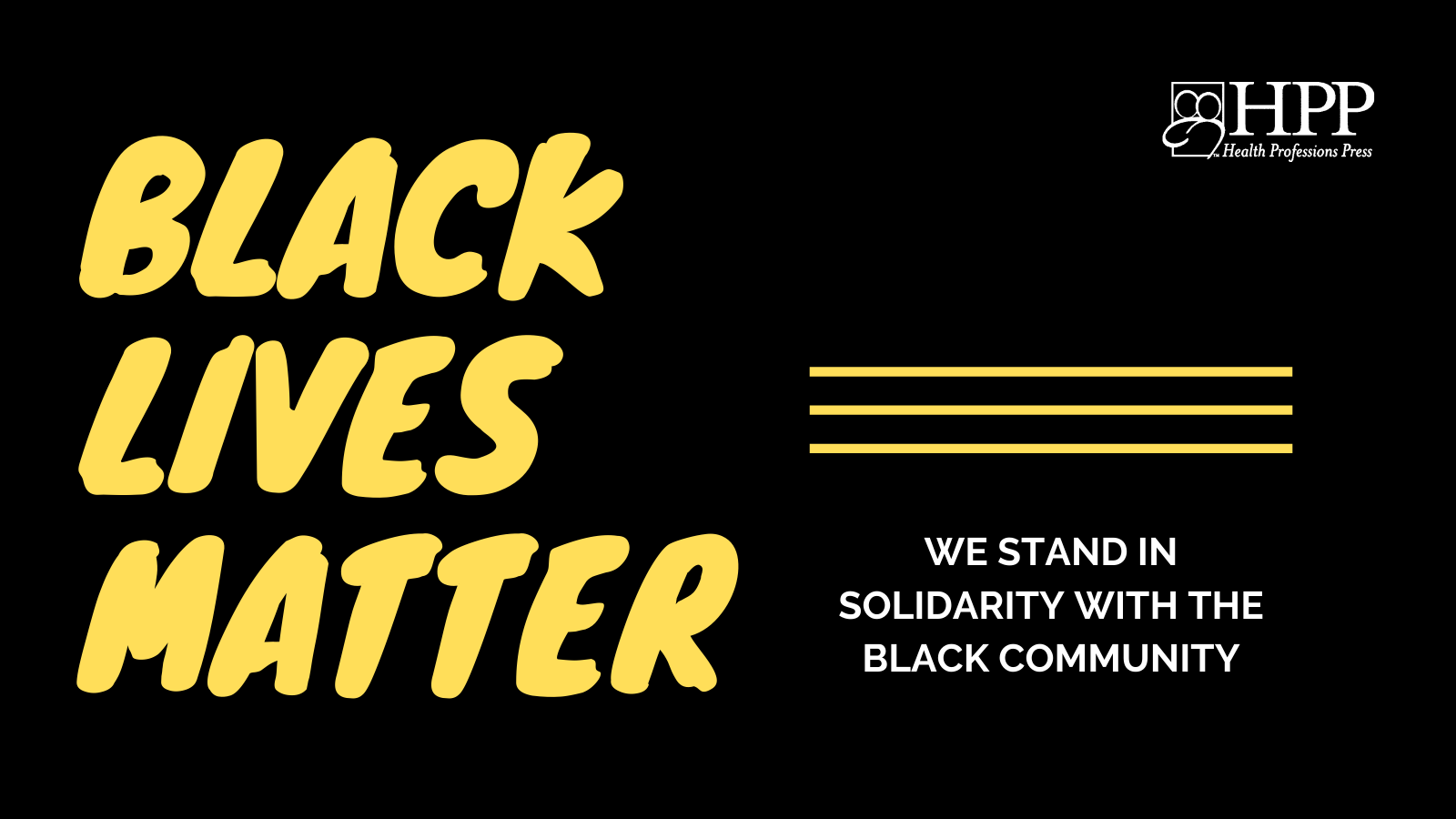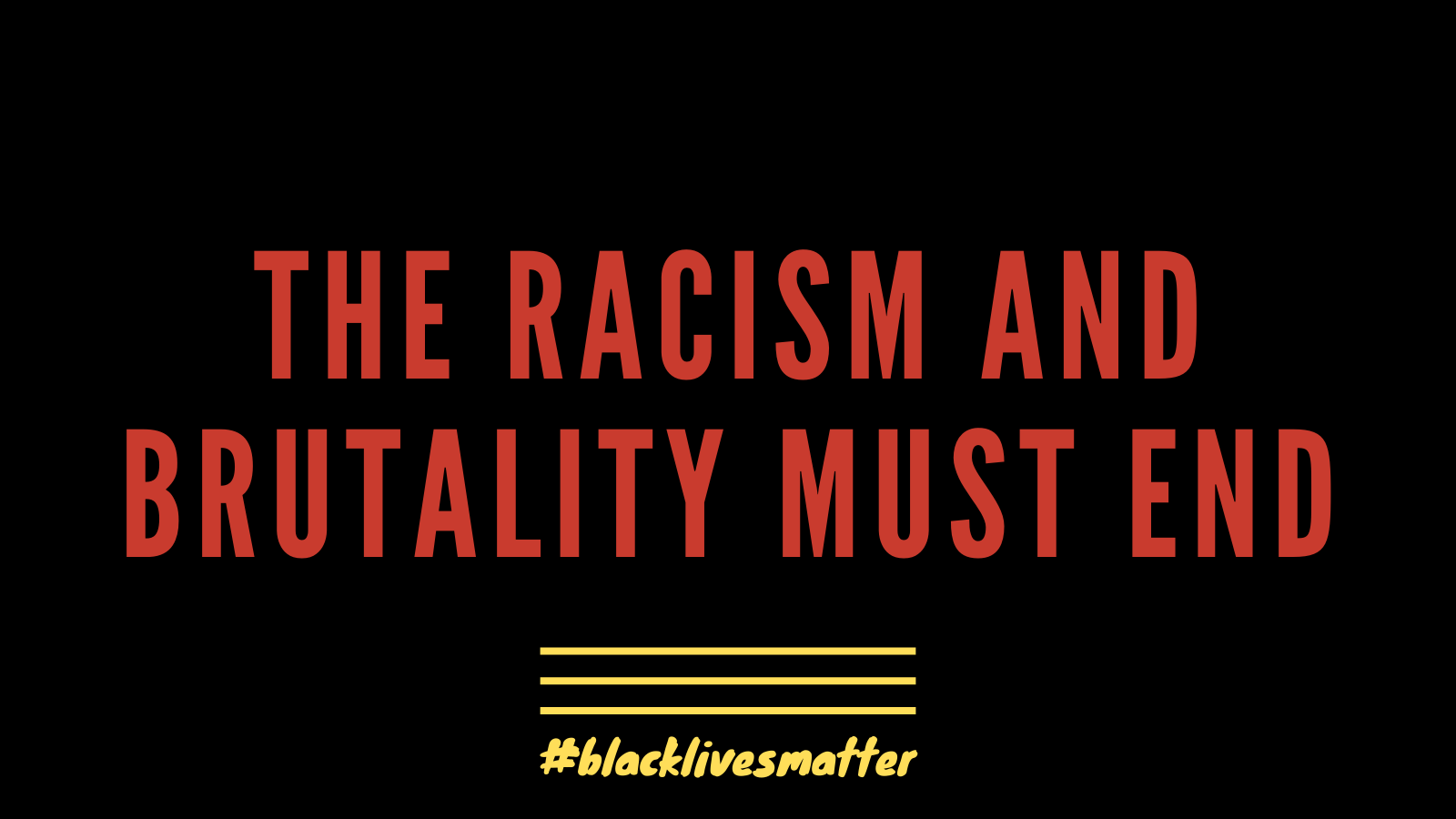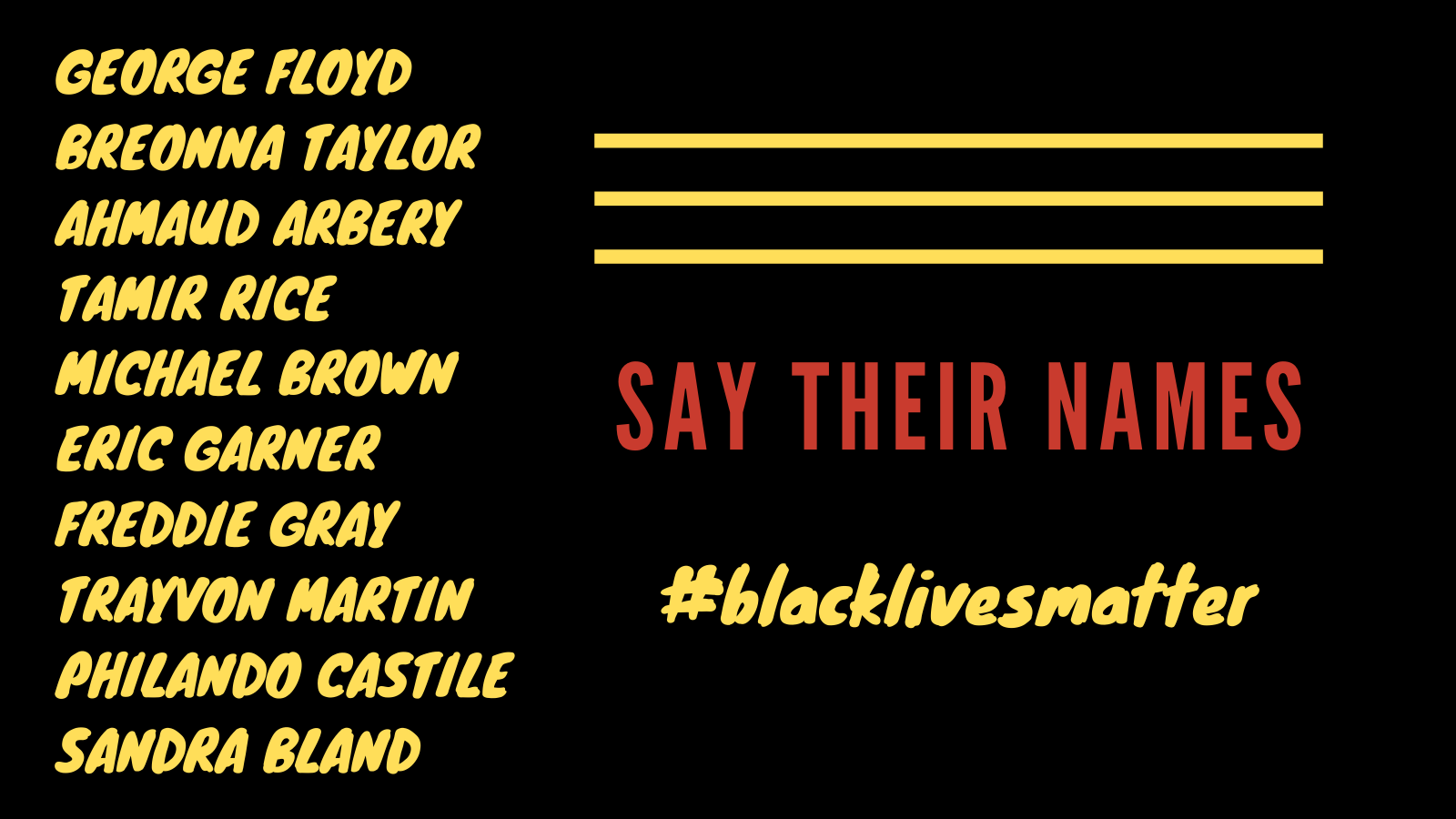
EQUITY AND INCLUSION
Equity and inclusion—these are the core principles on all our minds these days. Here at Health Professions Press, we stand in solidarity with the Black community, and we join in mourning the tragic deaths of George Floyd, Breonna Taylor, Ahmaud Arbery, Freddie Gray, Trayvon Martin, and so many other Black Americans who have lost their lives senselessly and violently. The racism and brutality must end. At Health Professions Press, we are pledged to help bring change, and we are renewing our efforts to encourage movement toward a safer and healthier country for everyone.
For over 30 years, HPP’s mission has been about changing the culture of care. In the products we publish and the services we provide, we aim to promote compassionate and holistic care and to always preserve individual dignity—the very essence of person-centered care. We are committed to ensuring that all potentially vulnerable members within the aging services field are respected, valued, and treated with dignity. Our team works daily to ensure these principles are applied in everything we do and all those whose lives we touch. That includes affirming, unequivocally, that Black Lives Matter.

NOT ENOUGH
Not enough about the world has changed. The long-held prejudices and racial beliefs of older generations are still expressed by some residents in nursing homes and long-term care communities across the nation. As Black Americans age and encounter the need for residential care or senior living, they should be able to feel safe and secure in their environment, and to have their life experiences and their cultures acknowledged, honored, and celebrated. As Black Americans and other people of color commit themselves to caring for the ill and the elderly, they themselves should be valued, respected, paid equitably, and encouraged to pursue opportunities to advance. HPP is proud to partner with authors, speakers, and thought leaders in the field to educate professionals working with older adults about ways of ensuring equality for all, in all aspects of life, every single day.
At Health Professions Press, we will do our part to change minds and attitudes, and fight for equality by welcoming and amplifying the voices of Black individuals and providing resources that educate professionals on how to create cultures of inclusivity and respect—care cultures that honor the Life Story of every person and embrace the uniqueness that each person brings to this world.
We say it again today and every day: Black Lives Matter. George Floyd, Breonna Taylor, Ahmaud Arbery, Tamir Rice, Michael Brown, Eric Garner, Freddie Gray, Trayvon Martin—they are not names, they are lives that mattered. We will not forget them, or the many others who have lost their lives and loved ones because of the inequalities that must be overcome.
We hope you will return to our site to use the resources whenever they can be helpful for you in your own search for equity. We will regularly refresh the postings to provide new sources of information and new insights. It will take all of us working together to bring about real change. We can dismantle racism, but only if we are truthful and humble and acknowledge the depth of change needed.
Melissa A. Behm, President
on behalf of everyone at Health Professions Press
Visit Black Lives Matter at blacklivesmatter.com
If you have a resource you would like added to this page, please email marketing@healthpropress.com.

